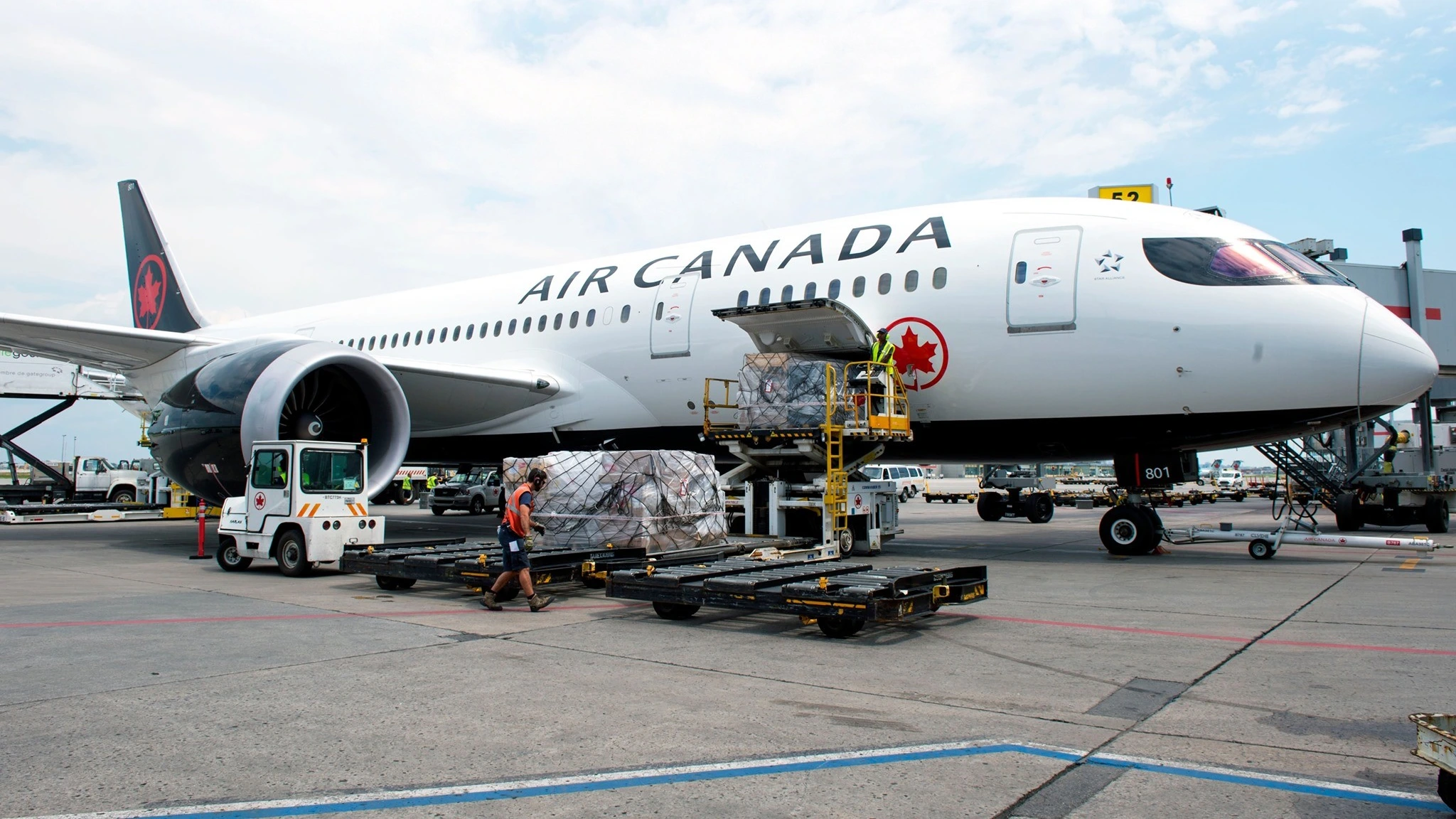MONTREAL- Flag carrier Air Canada (AC) has significantly transformed its disruption management processes, reducing the average time to re-accommodate passengers from 12 hours to just 10 minutes.
This remarkable improvement is made possible by the airline’s adoption of Amadeus’ Passenger Recovery solution.
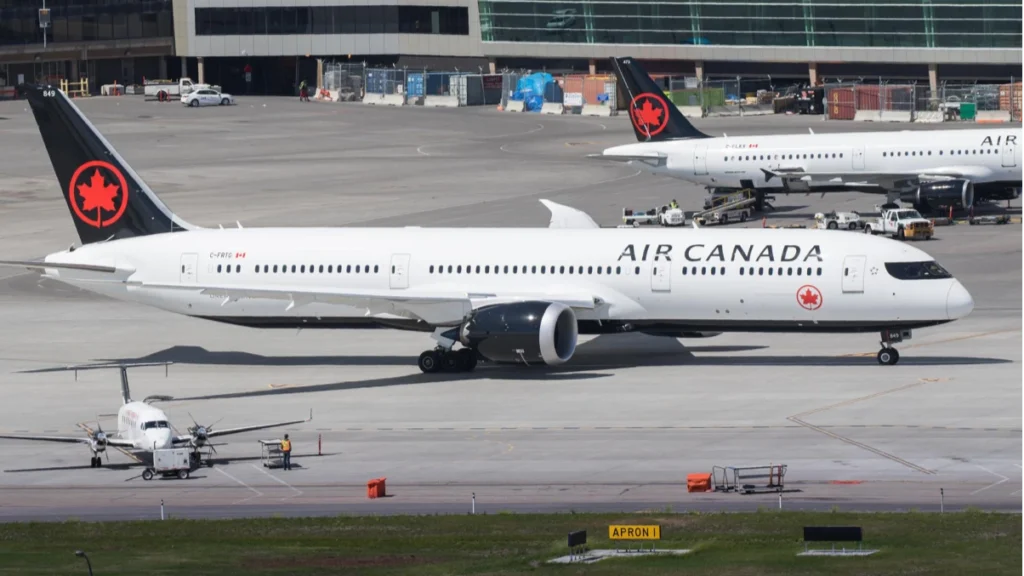
Air Canada AI Tech
Air Canada operates a global ‘hub and spoke’ network spanning six continents and served by a diverse fleet of aircraft. Despite the airline’s best efforts, like any carrier, Air Canada’s operations and customers occasionally face disruptions.
To address this challenge, Air Canada partnered with Amadeus to implement modern technology solutions. As a result, the airline has significantly improved its ability to re-accommodate disrupted passengers quickly and effectively.
Nairy Chamelian, Senior Director of Network Passenger Planning and System Operations Control at Air Canada, stated, “I’m pleased to say that our standard KPI for offering Air Canada customers an alternative option when their flight is canceled is now within 30 minutes, with most travelers rebooked just 10 minutes after receiving their cancellation notification on average. That’s down from about 12 hours when we managed cancellations more manually.”
The key to this transformation is Amadeus’ Passenger Recovery solution, which automatically proposes optimal recovery options for approximately 90% of disrupted passengers. This leaves only 10% of most complex cases to be handled manually by Air Canada’s operations team.
Chamelian emphasized the benefits of this technology, stating, “That’s why we decided to work with Amadeus to apply modern technology to this challenge, so we can re-accommodate customers more quickly and effectively.”
The Amadeus solution provides Air Canada with a comprehensive, end-to-end view of disruptions, enabling the airline to take a more strategic approach to irregular operations management.
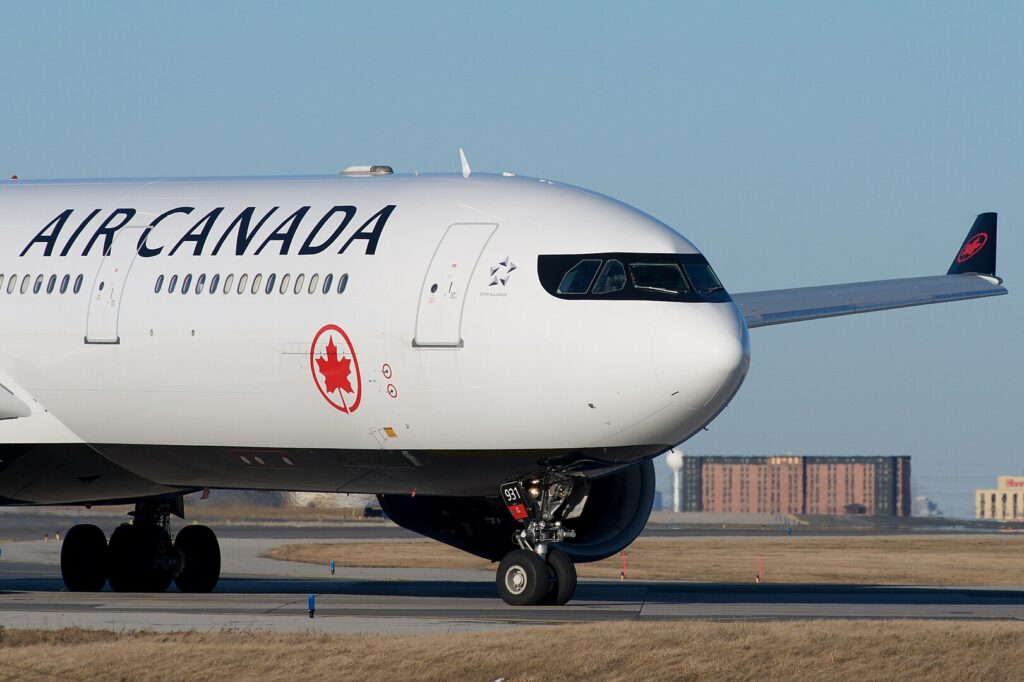

How does it work?
In 2020, during the peak of the COVID-19 pandemic, Air Canada migrated to the Amadeus Altéa Customer Management (CM) platform to better serve passengers at the more than 150 airports it flies to globally under normal operations.
This migration laid the foundation for the airline’s improvements in managing disruption scenarios, providing access to new Altéa CM capabilities like Altéa Disruption Transfer, which the team uses for situations involving delays and diversions. It also paved the way for Air Canada’s adoption of Amadeus’ Passenger Recovery solution.
Before these upgrades, Air Canada’s management of flight cancellations was far more manual. The airline relied on an in-house tool that came with several limitations. Agents had to identify each passenger’s new recovery flight manually, a slow process that required a deep understanding of the airline’s routes and schedules.
The in-house tool could only propose recovery flight options on Air Canada-operated flights, and rebooking on another airline was only possible at the airport, involving 25 separate steps, limiting passenger protection capabilities and disruption management services.
Additionally, Air Canada was unable to take a strategic approach to disruptions. The previous process could take 45 minutes to 12 hours per canceled flight before solutions were found for all passengers, delaying subsequent operational decisions like schedule rebuilding and crew replannings.
The lengthy recovery process also meant the airline struggled to manage mass cancellations effectively. When issues occurred at a hub, all flights would be canceled, leaving the airport and contact center staff to do their best to get customers to their destinations.
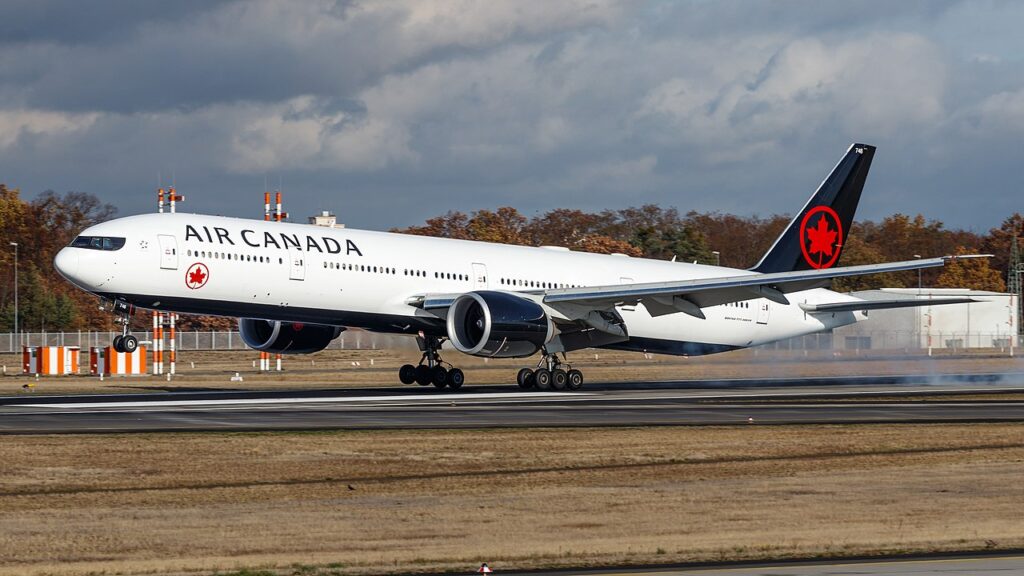

Customer Service at its Core
As a four-star rated network carrier in North America, Air Canada takes customer service extremely seriously. The airline recognized the need to improve its approach to disruption management to deliver better and faster solutions for its customers, while also providing its operations teams with an end-to-end view of disruption events.
Air Canada’s partnership with Amadeus has been instrumental in transforming the airline’s disruption management capabilities. Amadeus’ Passenger Recovery tool now handles the heavy lifting when flights are canceled, quickly proposing optimal solutions for disrupted passengers.
The Amadeus tool is able to generate recovery proposals for approximately 90% of disrupted passengers in a typical month, with the remaining 10% of highly complex cases handled manually by Air Canada’s team. This automation has been crucial in reducing the airline’s internal KPI for offering customers a new flight option within 30 minutes or less.
If the recovery flight proposed by the Amadeus tool is not suitable for the customer, Air Canada provides the option for passengers to self-accommodate on the airline’s website, with plans to expand this capability to the mobile app as well.
Air Canada utilizes the Amadeus Passenger Recovery tool in various disruption scenarios, including same-day cancellations (when customers are often at the airport), day-prior cancellations, and delays forecast for the next day.
The migration to Amadeus’ solutions has enabled Air Canada to take a more strategic, data-driven approach to managing disruptions. The airline can now run simulations on potential recovery plans quickly, providing its operations team with a clear understanding of the implications of their decisions.
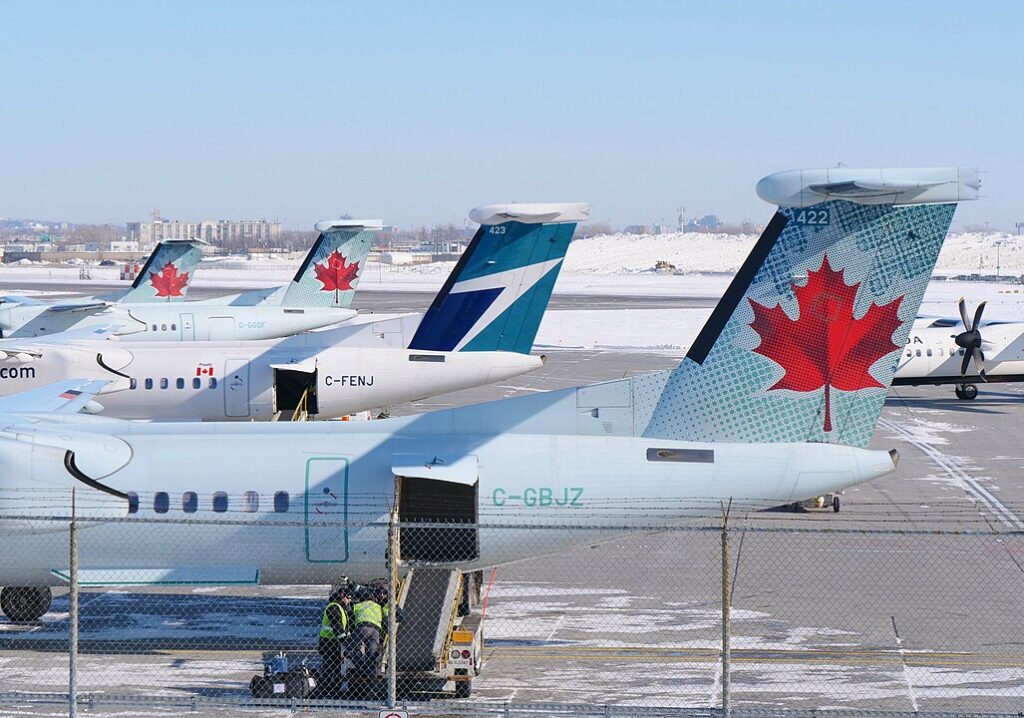

Example to Understand it Better
In a scenario where a flight from Toronto (YYZ) to Narita Airport (NRT) in Tokyo suffers a five-hour delay, the subsequent return leg to Toronto may be impacted, potentially causing passengers to miss onward connections to destinations like Newfoundland, the U.S., or Europe.
With Amadeus Passenger Recovery, Air Canada can now proactively identify these missed connections in advance and take action to rebook passengers on alternative flights from Tokyo or later connecting flights from Toronto, ensuring they can make their original connections.
Perhaps the most significant benefit Amadeus Passenger Recovery has brought to Air Canada is a comprehensive, end-to-end view of disruptions – something the airline had never had before. This has enabled Air Canada to take a much more strategic approach to managing irregular operations.
With the Amadeus technology in place, Air Canada can now run simulations on potential recovery plans very quickly, providing its planning managers in the Systems Operations Control center with a clear understanding of the implications of their decisions.
These managers collaborate with the airline’s crew duty managers, customer recovery team, and operational control managers responsible for different parts of the fleet to identify the optimal solutions.
Previously, Air Canada would cancel a flight, and only after several hours would the recovery plan be available, by which point it was too late.
Now, the recovery strategy is devised quickly and in tandem with the planning process, allowing the airline to identify better overall solutions that minimize the impact on customers and the business.
Stay tuned with us. Further, follow us on social media for the latest updates.
Join us on Telegram Group for the Latest Aviation Updates. Subsequently, follow us on Google News.

